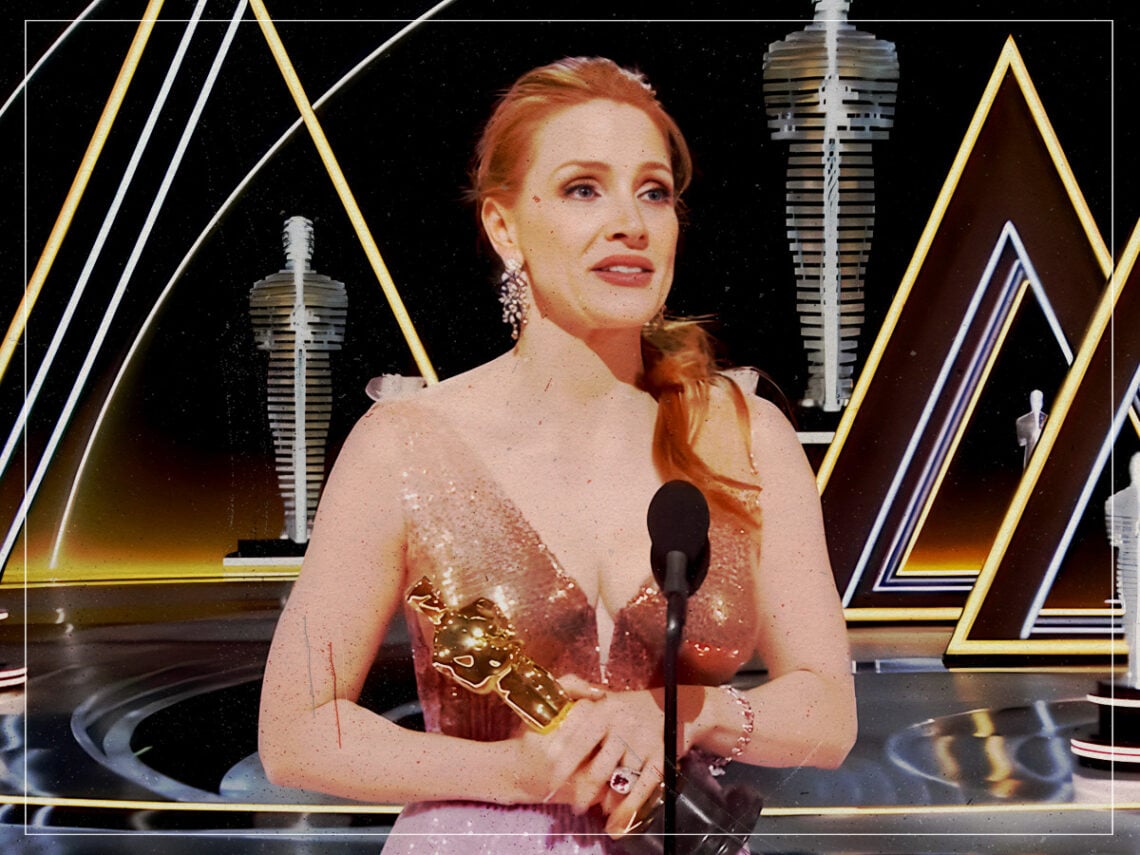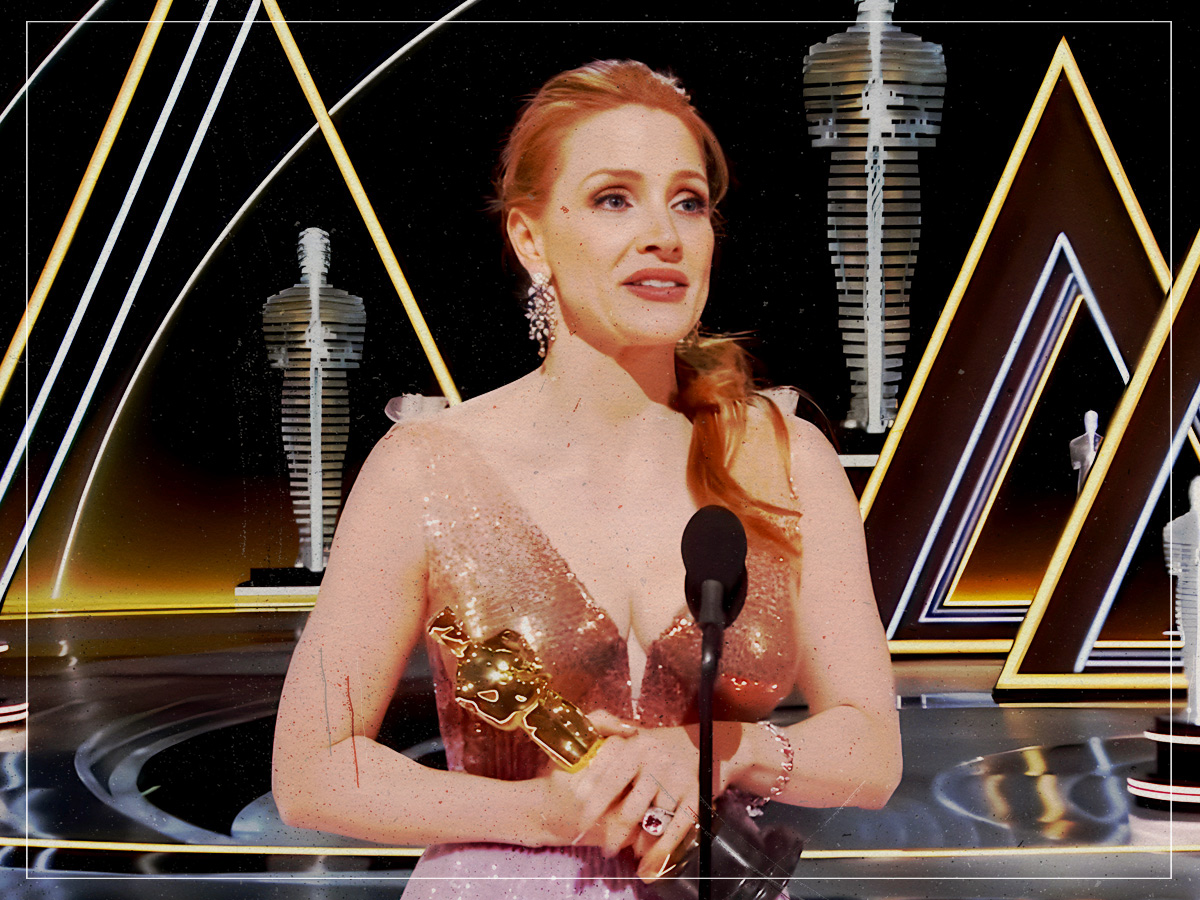
(Credits: Far Out / YouTube Still)
Jessica Chastain has proven time and again that she is one of the most versatile actors in Hollywood. The industry isn’t known for providing stories about complex female characters, but Chastain has managed to build a career on almost exclusively complicated roles. She played a CIA analyst in Kathryn Bigelow’s controversial thriller Zero Dark Thirty, a violently inclined Lady Macbeth type in A Most Violent Year, and a professional skier-turned-poker mogul in Molly’s Game.
It’s hard to believe that she’s only won one Oscar and been nominated for two others, but maybe she just makes it look too easy. Whatever the reason, there is no denying that Chastain is one of the greatest actors of her generation, and a large part of that is her seeming fearlessness. She never shies away from playing unsympathetic characters and finds roles that cast challenging women as protagonists rather than marginalised villains.
With this context, it’s hard to imagine that she would ever definitively close the door on any type of role, but in a 2017 interview with Variety, she set out clear boundaries, and they are directly in keeping with what you’d expect of her. “I’m not taking jobs anymore where I’m getting paid a quarter of what the male co-star is being paid,” she revealed. “I’m not allowing that in my life.”
She recalled hearing Molly’s Game and Spider-Man producer Amy Pascal saying that female actors are too grateful to ask for more money. When a job comes along, they don’t question the salary they’re being offered, they just feel lucky for the opportunity. Chastain said that early in her career, she wouldn’t know how much she was going to get paid for a movie until the male star was cast and the executives knew how much money was left over.
These days, she always starts by making sure the pay is equal. “I ask what they’re offering me in comparison to the guy,” she explained. “I don’t care about how much I get paid; I’m in an industry where we’re overcompensated for the work we do. But I don’t want to be on a set where I’m doing the same work as someone else, and they’re getting five times what I’m getting.”
Most people would agree that movie stars get paid a disproportionately high amount of money for their work. Leonardo DiCaprio got a $30million cheque for Killers of the Flower Moon. Will Smith got $40m for King Richard. And those are just the baseline salaries. Margot Robbie’s baseline salary for Barbie was $12.5m, but due to its resounding commercial success, her take-home pay was a whopping $50m thanks to box office bonuses. Sandra Bullock reportedly took $70m to the bank for Gravity.
So yes, movie stars get paid a truck ton of money, and actors like Chastain don’t need to be nickel-and-diming studio executives for financial security. However, the gender pay gap is just as egregious in Hollywood as it is in most of the rest of society.
At the movie star level, there is an average wage gap of $2.4m, and while there is absolutely no need to pity the women who earn a paltry $15m for a movie instead of the $17.4m that their male co-star earns, setting a high-profile example of demanding equal pay is admirable. Unlike most women, Chastain can afford to lose work for standing up for equal pay, and doing so can help put the issue back in the headlines and might even spark broader change.
Related Topics
Subscribe To The Far Out Newsletter
